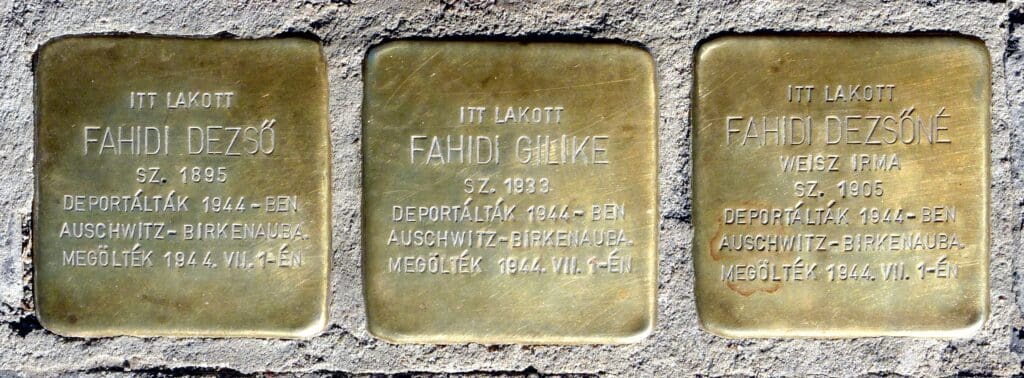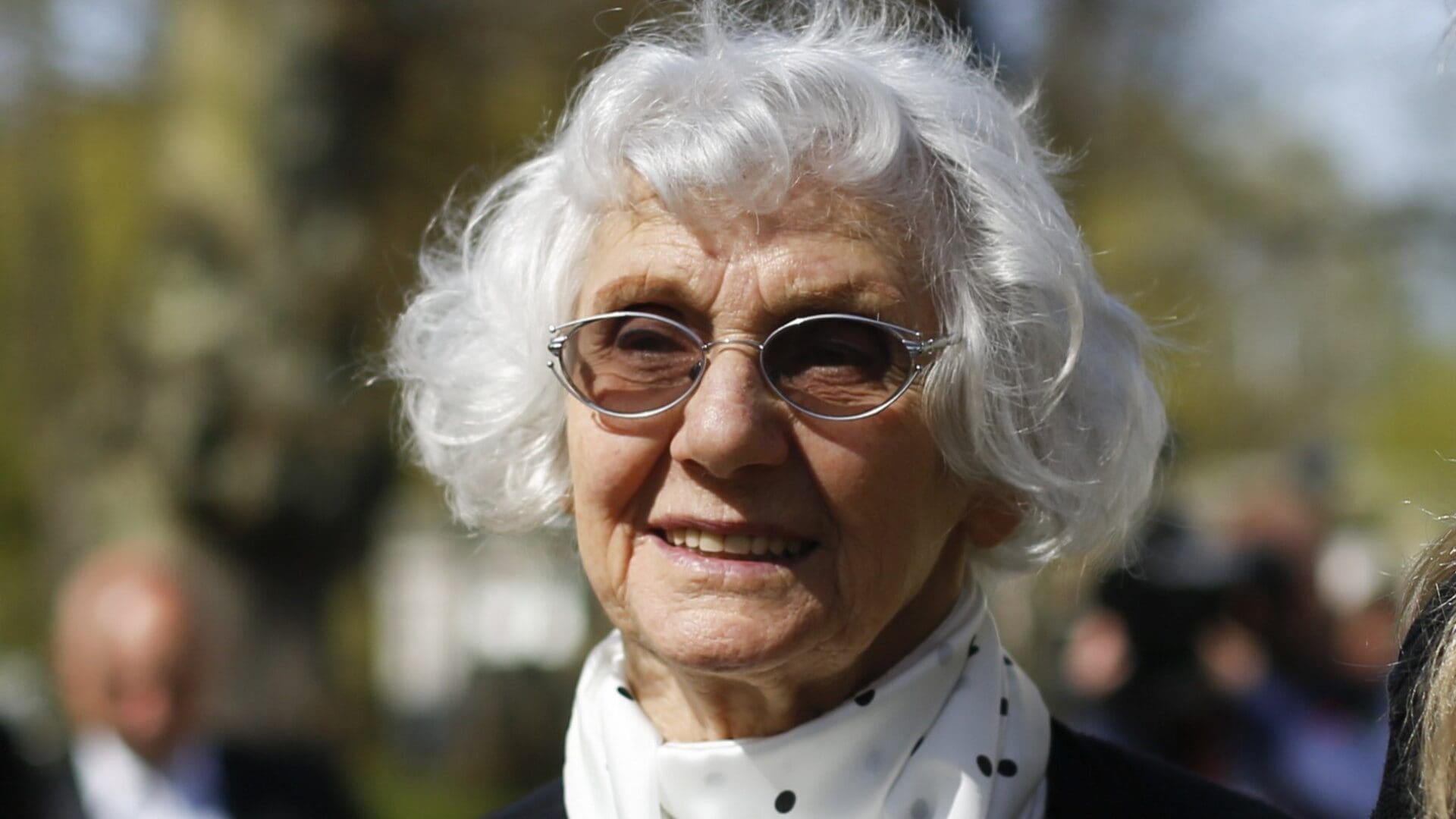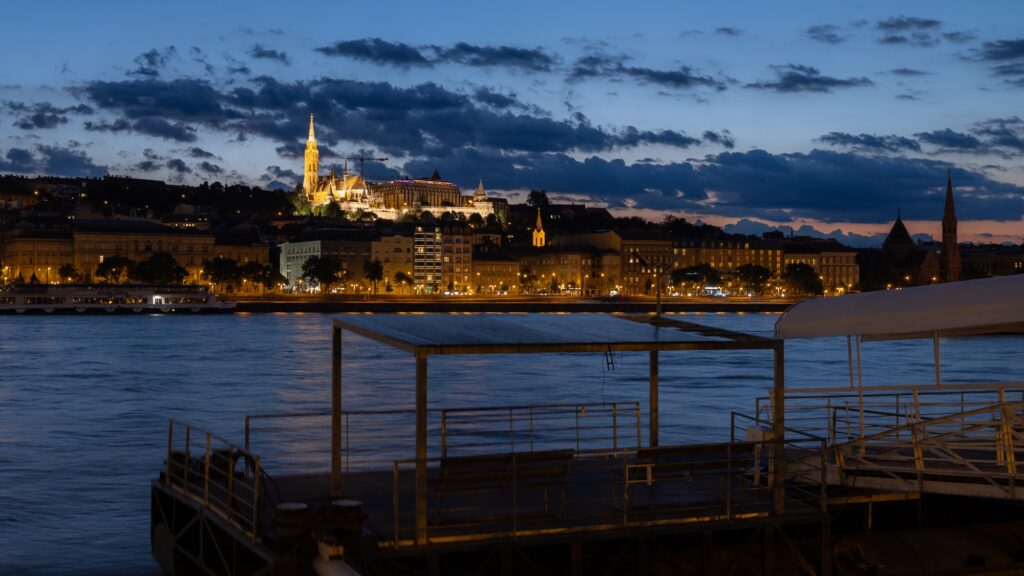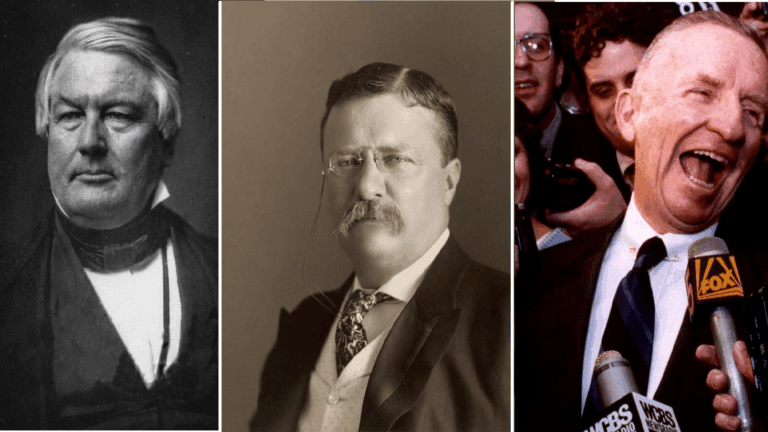Éva Fahidi, born on 22 October 1925, was an acclaimed Hungarian contemporary writer, actress and Holocaust survivor; she passed away earlier this week, on 11 September.
She was born into an affluent Jewish family in the city of Debrecen in Eastern Hungary in 1925. She and her sister attended the Debrecen Lutheran elementary school. When she was 11, she converted to Christianity (as had her father) and graduated from a Catholic secondary school in 1943.
On 29 April 1944, soon after the Nazi occupation of Hungary, Éva Fahidi and her family were forced to leave their home and move to the Jewish ghetto. Within a year after her graduation, Éva Fahidi, alongside her family, was deported to Auschwitz. Upon arrival, her mother and 11-year-old sister were sent to the gas chambers immediately. Éva’s suffering did not end with losing of her loved ones, however—within two months, she was selected to be transferred to a satellite camp of the Buchenwald death camp. For the duration of her captivity, the young girl was forced to work 12 hours a day in an explosives plant.
Towards the end of the war, Fahidi managed to escape a death march and was rescued by American soldiers. It was not until she returned home and settled with her uncle that she realized that almost 50 of her relatives had died in the Holocaust—of her immediate family, no one returned.

The years of suffering were followed by even longer years of silence.
During the state socialist regime in Hungary it was impossible to discuss the fate of Hungarian Jews in WWII, and as a result, by the 1980s, people had little knowledge about what had happened. With the regime change and Hungary’s democratization, however, people were again free to speak about history and the tragic events of the Holocaust.
But it was not until 2003 that Éva Fahidi went back to Auschwitz. She visited the site on the anniversary of her arrival at the concentration camp in 1944, and for the first time, she commemorated not only the beginning of her suffering, but the death of her mother and sister as well.
Remembering the tragic events where they happened inspired her to face the past and start writing. While after World War II she avoided speaking German or keeping contact with Germans, she wrote her first memoir upon visiting the memorial in Auschwitz in German. She wrote her best-selling autobiography titled The Soul of Things — Anima Rerum: Memoir of a Youth Interrupted in 2005. As part of her reckoning with the past, in 2011 she agreed to testify in the criminal trials of some former concentration camp guards in Germany. She insisted that the trials were not about punishing the guards, but bearing witness to the past.
Else then for her books, Éva Fahidi became famous in Hungary and around Europe for her dedication to the preservation of the memory of the Holocaust and to standing up against antisemitism and racism. She wrote articles and had public appearances bearing witness to the consequences of hatred against and discrimination of people based on immutable characteristics. She was a regular lecturer in the town of Oświęcim (Auschwitz) as well, teaching youth groups about the Holocaust. As part of her mission, she met with a series of international dignitaries, including German Chancellor Angela Merkel. In 2019 the German Resistance Memorial Centre dedicated an exhibition to telling the life of Fahidi. Most extraordinarily, between 2015 and 2019, when Éva Fahidi was already over 90, she attracted significant domestic and international media attention for
participating in a dance theatre play about her life.
The play, in which she danced, too, was performed over 80 times in Hungary and abroad as well.
Éva Fahidi died this week in Budapest at the grand old age of 97. Her contribution to keeping alive the memory of those who perished in the Holocaust is invaluable, and so are her artistic endeavours that narrate what happened to her and her fellow victims in ways that bring the otherwise distant and abstract suffering closer to contemporary generations. Fahidi’s openness to using a wide range of artistic tools, be it writing or dancing, to capture the attention of audiences, teaching them about love and tolerance has been outstanding among contemporary artists. She put her entire existence to the service of preserving the memory of the Holocaust, lest it happens again: ‘I have realized that I survived because I can credibly tell, write and now also dance what I experienced.’








